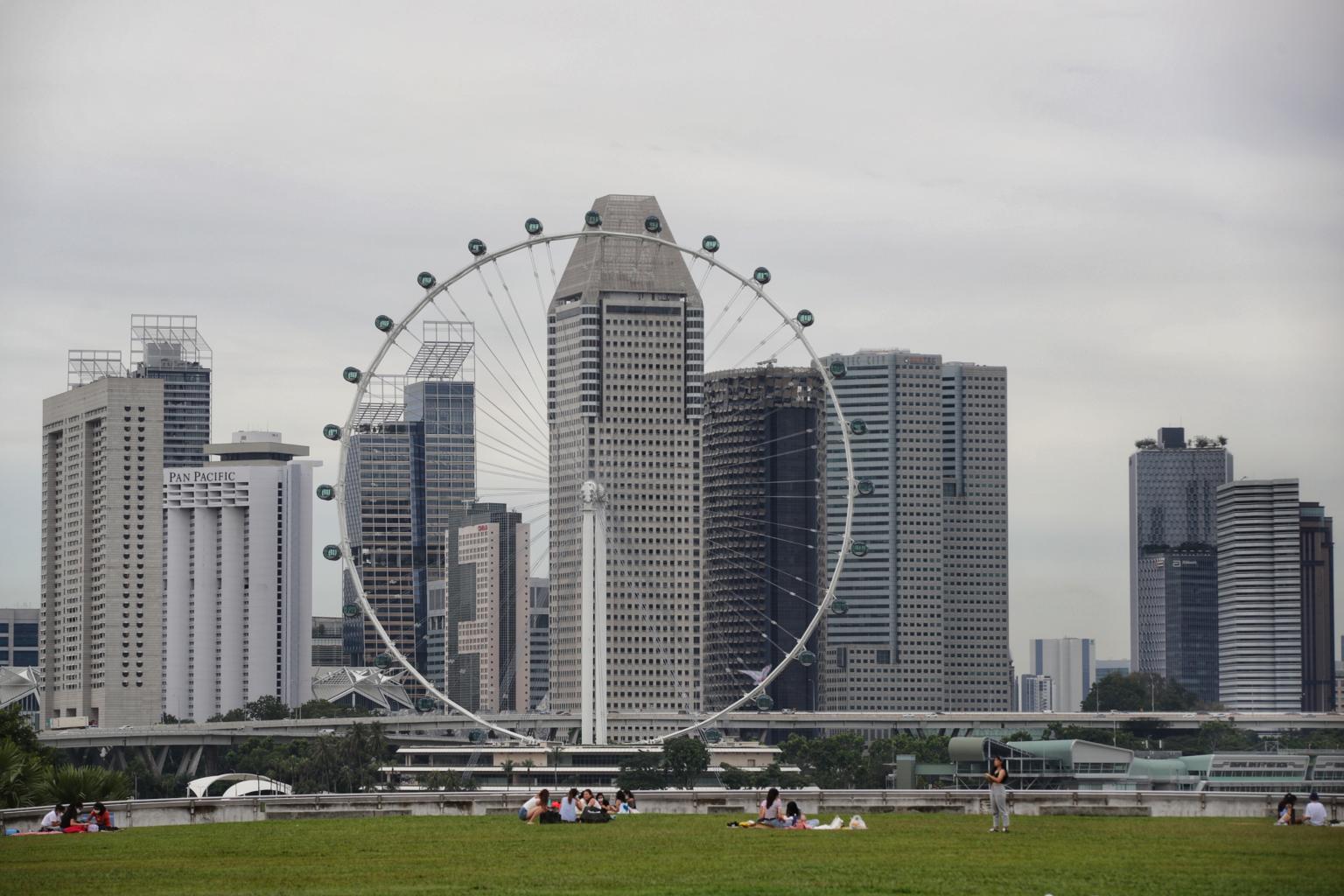Singapore moves up a notch to rank 9th in world talent ranking
Sign up now: Get ST's newsletters delivered to your inbox

Singapore is the only Asian country to make the it to the top 10 in the latest ranking by Swiss business school IMD.
ST PHOTO: GIN TAY
Follow topic:
SINGAPORE - Singapore has moved one place up to rank ninth in this year's list of the most competitive places for talent in the world, according to a report out on Thursday (Nov 12).
But Singapore's ranking in the future may be affected by the Covid-19 pandemic, like many other countries around the world that rely on foreign talent such as the United States, Australia and Britain.
Singapore is the only Asian country to make the it to the top 10 in the latest ranking, with Switzerland at No. 1 followed by Denmark and Luxembourg.
The report and ranking, released by Swiss business school IMD, captures the capacity of an economy to develop and attract talent to strengthen its competitiveness.
The report evaluates the development, attraction and retention of human capital in 63 economies.
It measures three factors - investment and development, appeal, and readiness.
The investment and development factor measures the resources earmarked to cultivate a home-grown workforce.
The appeal factor evaluates the extent to which an economy attracts foreign talent and retains local talent, while the readiness factor measures the quality of the skills and competencies that are available in a country's talent pool.
Eight out of the top 10 economies are European and this is down to quality education and good mobility, the report noted.
"Overall, countries in Western Europe remain, on average, the most talent-competitive in the world... But because of their ageing populations, these economies need to remain open and attractive to a young, international, highly skilled workforce in order to offset future labour shortages," IMD World Competitiveness Centre said in a news release.
It said the Asia-Pacific region had been relatively stable in the last few years, with improvements in Singapore and the Philippines and small declines in Malaysia, Thailand and Indonesia.
Although Asia-Pacific countries registered a slow increase in female participation in the labour force over the last few years, the report said they still performed poorly relative to other economies.
This year, Singapore improved in investment and development, with initiatives such as apprenticeship programmes, employee training, quality of education and female participation in the workforce, the report noted.
It also remains at the top of the ranking in readiness, with its availability of skilled labour and finance skills.
But its ageing population, high cost of living and pollution may be future challenges.
Singapore's place could also be affected by the Covid-19 pandemic, which could severely hit those countries that base their overall competitiveness on the talent economy as a large part of this is from attracting talent from abroad, the centre said.
Among them are Singapore, Australia, United States and Britain, all of which have a long history of welcoming foreign students who may then join the workforce.
"These countries cannot be sure to lure in the best workers for the time being, and may well look into other ways to be competitive. There is a risk that they will decide to turn inwards in their efforts to revitalise their economies, backtracking in their openness, which will do nothing to attract foreign talent nor retain local talent," said Mr Christos Cabolis, chief economist at the IMD World Competitiveness Centre.
But he added that for Singapore, travel restrictions now should not substantially impact its appeal for foreign, highly skilled professionals in the short term, especially if a vaccine also becomes available next year.
"However, a lasting effect of the pandemic in the medium to long term could be a more open approach of companies towards working from home or remotely, therefore decreasing the need for staff to move abroad," he said.
"Singapore should keep improving in the areas that have proven to be appealing to foreign talent such as providing a superior quality of life, fulfilling professional opportunities, a safe environment with low criminality rates, good environmental conditions (low level of pollution) and attractive salaries."

